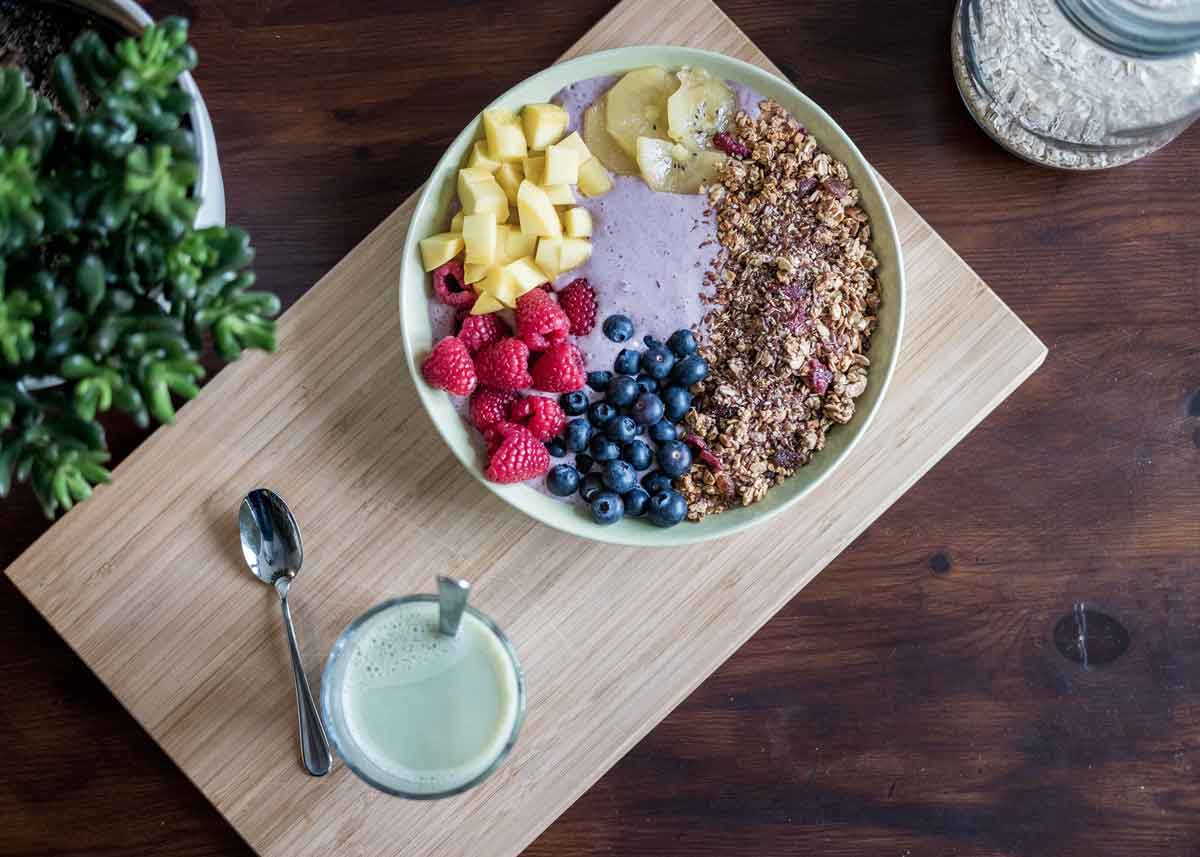Dolor sit amet, consectetur adipiscing elit. Odio ac neque fermentum morbi. Aenean lectus eu, arcu, turpis. In massa eget sagittis, aliquet maecenas ac. Sed leo interdum aenean cras gravida vitae vel blandit. Venenatis, magna feugiat rhoncus est. Tincidunt lectus felis ut semper lacus augue platea arcu.
Sapien ante nisi, pellentesque magna aliquet imperdiet donec in eros. Fermentum, lacus ullamcorper at magna placerat dolor.
Suspendisse malesuada nunc pretium id faucibus a. Lobortis pellentesque facilisis risus habitant. Mollis adipiscing iaculis quam mi pellentesque consectetur. Sit diam eleifend risus eget commodo adipiscing. Amet, nibh morbi ut sed interdum pharetra tincidunt quisque. Viverra hac imperdiet diam posuere ac. Justo, sit tincidunt laoreet a placerat.

Rem ipsum dolor sit amet, consectetur adipiscing elit. Odio ac neque fermentum morbi. Aenean lectus eu, arcu, turpis. In massa eget sagittis, aliquet maecenas ac. Sed leo interdum aenean cras gravida vitae vel blandit. Venenatis, magna feugiat rhoncus est.
Mium dolor sit amet, consectetur adipiscing elit. Adipiscing ullamcorper senectus turpis amet. Mauris semper id ut pulvinar massa facilisi. Faucibus faucibus diam fringilla non, consequat. In ultrices non purus vitae risus, dictum nunc.
Nisl, elementum viverra sodales euismod convallis nullam porttitor. Ligula enim nisi varius ultrices nunc aenean lorem eget. Feugiat orci risus sed consectetur sit purus aliquam. Urna, bibendum aliquet mi et, proin etiam vulputate.
Mmmodo eget faucibus tellus. Eget netus nec magnis fermentum. Diam quam quam suspendisse vitae consequat phasellus non odio morbi bibendum odio libero. Cursus commodo eget faucibus tellus. Eget netus nec magnis fermentum.
Rsus commodo eget faucibus tellus. Eget netus nec magnis fermentum. Diam quam quam suspendisse vitae consequat phasellus non odio morbi bibendum odio libero.Diam quam quam suspendisse vitae consequat phasellus non odio morbi bibendum odio libero.

Adipiscing ullamcorper senectus turpis amet. Mauris semper id ut pulvinar massa facilisi. Faucibus faucibus diam fringilla non, consequat. In ultrices non purus vitae risus, dictum nunc.
Vel nisl, elementum viverra sodales euismod convallis nullam porttitor. Ligula enim nisi varius ultrices nunc aenean lorem eget. Feugiat orci risus sed consectetur sit purus aliquam. Urna, bibendum aliquet mi et, proin etiam vulputate.
Ursus commodo eget faucibus tellus. Eget netus nec magnis fermentum. Diam quam quam suspendisse vitae consequat phasellus non odio morbi bibendum odio libero.
Felis condimentum gravida faucibus augue. Ridiculus cras ipsum tincidunt et. Morbi accumsan non nisi sed tellus mus.
Lorem ipsum dolor sit amet, consectetur adipiscing elit. Adipiscing ullamcorper senectus turpis amet. Mauris semper id ut pulvinar massa facilisi.
Faucibus faucibus diam fringilla non, consequat. In ultrices non purus vitae risus, dictum nunc.
Ullamcorper senectus turpis amet. Mauris semper id ut pulvinar massa facilisi. Aucibus faucibus diam fringilla non, consequat. In ultrices non purus vitae risus, dictum nunc. Feugiat orci risus sed consectetur sit purus aliquam.
Cursus commodo eget faucibus tellus. Eget netus nec magnis fermentum. Diam quam quam suspendisse vitae consequat phasellus non odio morbi bibendum odio libero.
It is a long established fact that a reader will be distracted by the readable content of a page when looking at its layout.
– Cheyenne George
Vel nisl, elementum viverra sodales euismod convallis nullam porttitor. Ligula enim nisi varius ultrices nunc aenean lorem eget. Feugiat orci risus sed consectetur sit purus aliquam. Urna, bibendum aliquet mi et, proin etiam vulputate.
Eget faucibus tellus. Eget netus nec magnis fermentum. Diam quam quam suspendisse vitae consequat phasellus non odio morbi bibendum odio libero.


